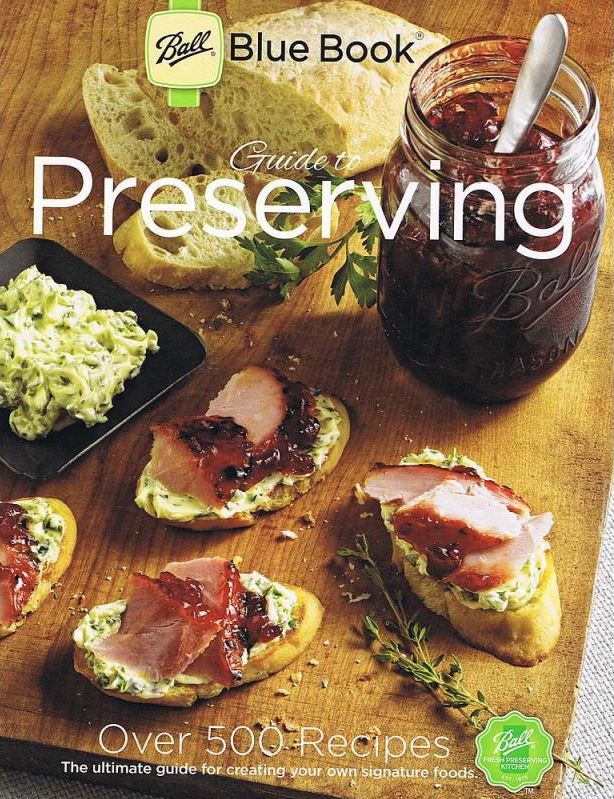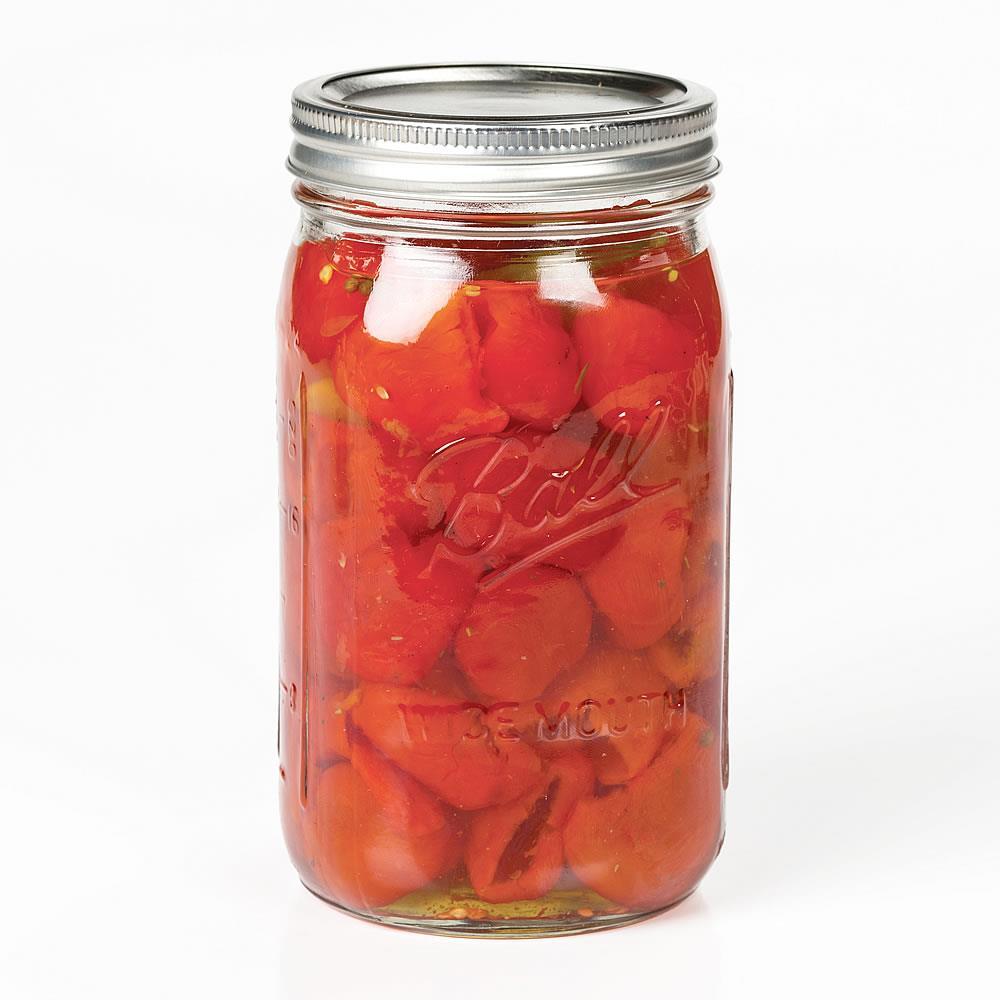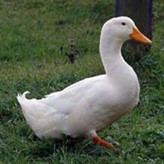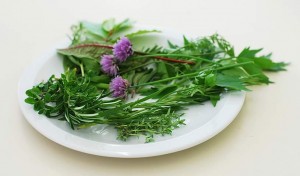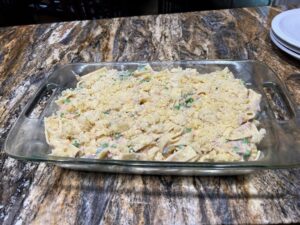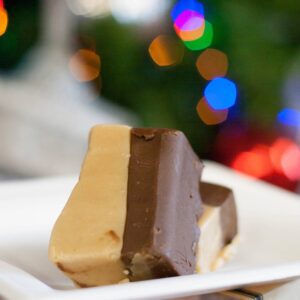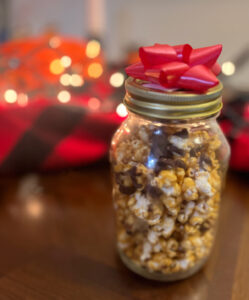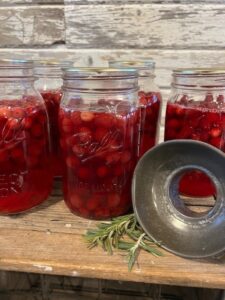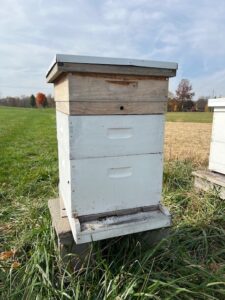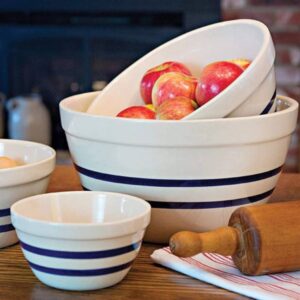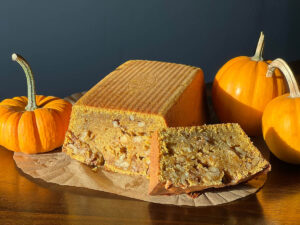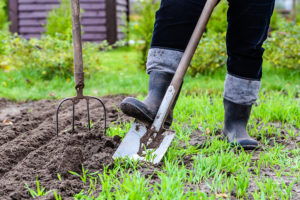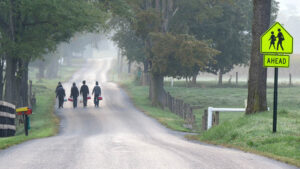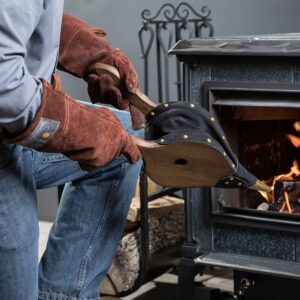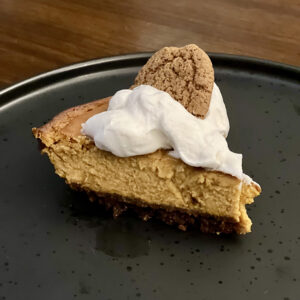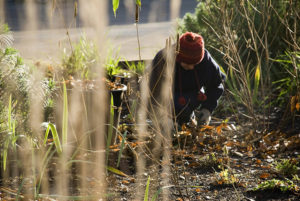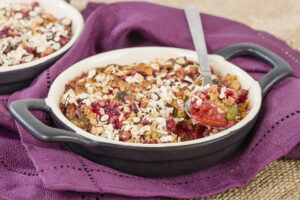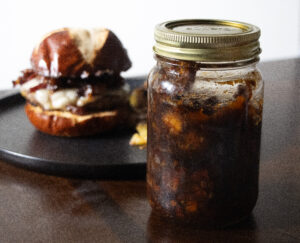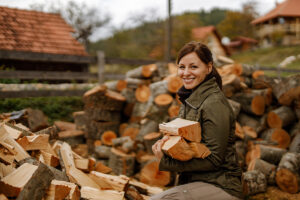Summertime brings us the freshest produce of the year. Now’s the time to put up some of the bounty for the cold winter days! Pickled cauliflower, cucumbers and peaches? Yes, please!
There are a few hard and fast rules that will protect your family and the food you have worked to prepare. My first suggestion is to get a quality book on canning and read it. Lehman’s has all the essential canning supplies, including the Blue Ball Book, which many consider the only guide book you need.
Jars and Lids
When canning use standard canning jars with pre-treated lids; leftover food jars are NOT safe to use, they can explode in hot water bath or pressure cooker. Discard any cracked or chipped jars.
Do not reuse lids! They come pre-treated from the manufacturer with an agent to help them keep their seal.
Here are a few recipes to try this summer:
Pickled Cauliflower
1 TB canola oil
1 tsp. cumin seed
1 tsp. coriander seed
2 tsp. curry powder
1 tsp. fresh minced ginger
1 whole clove garlic, smashed
1 head cauliflower, cut into florets
1 cup water
1 cup rice wine vinegar
½ cup cider vinegar
3 TB sugar
1 TB pickling salt (no substitute)
Heat the canola oil in a heavy skillet over medium heat. Crush the cumin seed with the coriander seed and add to the pan. Add the curry powder, ginger, and garlic to the pan. Cook these spices, stirring until the oil colors and the spices are fragrant.
Add the cauliflower florets to the pan and toss to coat. In a lidded plastic container, combine the water, rice wine vinegar, cider vinegar, sugar, and pickling salt. Shake to combine. Once the cauliflower is slightly tender, add it to a canning jar. Pour the pickling liquid over the cauliflower, filling to the top of the jar.
Cool, chill, and store for 1 week to allow the flavors to develop thoroughly.
Yield: 4 servings.
** To process – Heat vinegar mixture to near boiling. Pack cauliflower into jars. Pour hot vinegar mixture into jars, leaving ½” headspace. Cover with lids; screw on bands to “fingertip tight.” Process jars in hot water bath for 5 minutes; water should cover jars by 1 inch. Remove jars to rack to cool. Test seals. Store in cool, dark place.
Sweet Gherkin Pickles
7 lbs. cucumbers (1½ inch or less)
½ cup canning or pickling salt
8 cups sugar
6 cups vinegar (5%)
¾ tsp. turmeric
2 tsp. celery seeds
2 tsp. whole mixed pickling spice
2 cinnamon sticks
½ tsp. fennel (optional)
2 tsp. vanilla (optional)
Yield: 6 to 7 pints
Wash cucumbers. Cut 1/16-inch slice off blossom end and discard, but leave ¼ inch of stem attached. Place cucumbers in large container and cover with boiling water. Six to 8 hours later, and on the second day, drain and cover with fresh boiling water.
On the third day, drain and prick cucumbers with a table fork. Combine and bring to boil 3 cups vinegar, 3 cups sugar, turmeric, and spices. Pour over cucumbers. Six to 8 hours later, drain and save the pickling syrup. Add another 2 cups each of sugar and vinegar and reheat to boil. Pour over pickles.
On the fourth day, drain and save syrup. Add another 2 cups sugar and 1 cup vinegar. Heat to boil and pour over pickles. Drain and save pickling syrup 6 to 8 hours later. Add 1 cup sugar and 2 tsp. vanilla and heat to boil. Fill sterile pint jars* with pickles and cover with hot syrup, leaving a ½-inch headspace. Adjust lids and process as below.
*To sterilize empty jars, put them right side up on the rack in a water bath canner. Fill the canner and jars with hot (not boiling) water to 1 inch above the tops of the jars. Boil 11 minutes. Remove and drain hot sterilized jars one at a time.
Recommended Process (Sweet Gherkin Pickles): boiling water bath pints 10 minutes.
Dill Pickles
Use the following quantities for each gallon capacity of your container.
4 lbs. of 4-inch pickling cucumbers
2 Tbsp. dill seed or 4 to 5 heads fresh or dry dill weed
½ cup salt
¼ cup vinegar (5%)
8 cups water and one or more of the following ingredients:
- 2 cloves garlic (optional)
- 2 dried red peppers (optional)
- 2 tsp. whole mixed pickling spices (optional)
Wash cucumbers. Cut 1/16-inch slice off blossom end and discard.
Leave ¼ inch of stem attached. Place half of dill and spices on bottom of a clean, suitable container. Add cucumbers, remaining dill, and spices.
Dissolve salt in vinegar and water and pour over cucumbers. Add suitable cover and weight. Store where temperature is between 70° and 75° F for about 3 to 4 weeks while fermenting. Temperatures of 55° to 65° F are acceptable, but the fermentation will take 5 to 6 weeks. Avoid temperatures above 80° F, or pickles will become too soft during fermentation. Fermenting pickles cure slowly.
Check the container several times a week and promptly remove surface scum or mold. Caution: If the pickles become soft, slimy, or develop a disagreeable odor, discard them. Fully fermented pickles may be stored in their original containers for about 4 to 6 months, provided they are refrigerated and surface scum and molds are removed regularly.
Canning fully fermented pickles is a better way to store them. To can them, pour the brine into a pan, heat slowly to a boil, and simmer 5 minutes. Filter brine through paper coffee filters to reduce cloudiness, if desired. Fill jar with pickles and hot brine, leaving a ½-inch headspace. Adjust lids and process.
Recommended Process (Dill Pickles): boiling water bath pints 15 minutes, quarts 20 minutes.
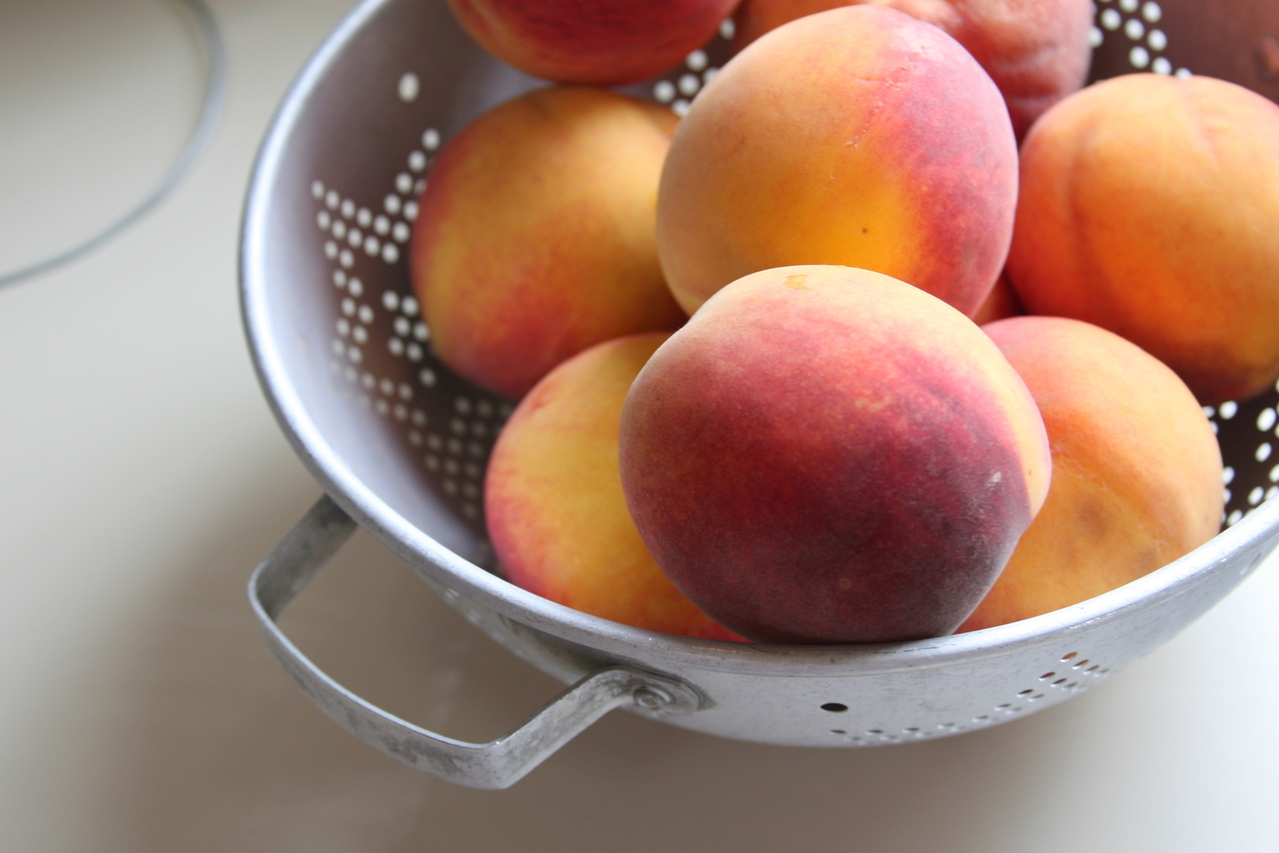
Southern Pickled Peaches
4 cups sugar
1 cup white vinegar
1 cup water
2 tablespoons whole cloves
4 pounds fresh clingstone peaches, blanched and peeled
5 (3 inch) cinnamon sticks
Combine the sugar, vinegar and water in a large pot, and bring to a boil. Boil for 5 minutes.
Press one or two cloves into each peach, and place into the boiling syrup. Boil for 20 minutes, or until peaches are tender. Spoon peaches into sterile jars and top with liquid to ½ inch from the rim. Put one cinnamon stick into each jar.
Wipe the rims with a clean dry cloth, and seal with lids and rings. Process in a hot water bath for 10 minutes to seal.
Recommended Process (Pickled Peaches): boiling water bath 8 pints 15 minutes, 4 quarts 20 minutes.
Here’s a basic tutorial on water bath canning:
Want to can a BIG batch at one time? Check out our Amish-made water bath canner – it can hold up to 15 quart jars or 36 pint jars!
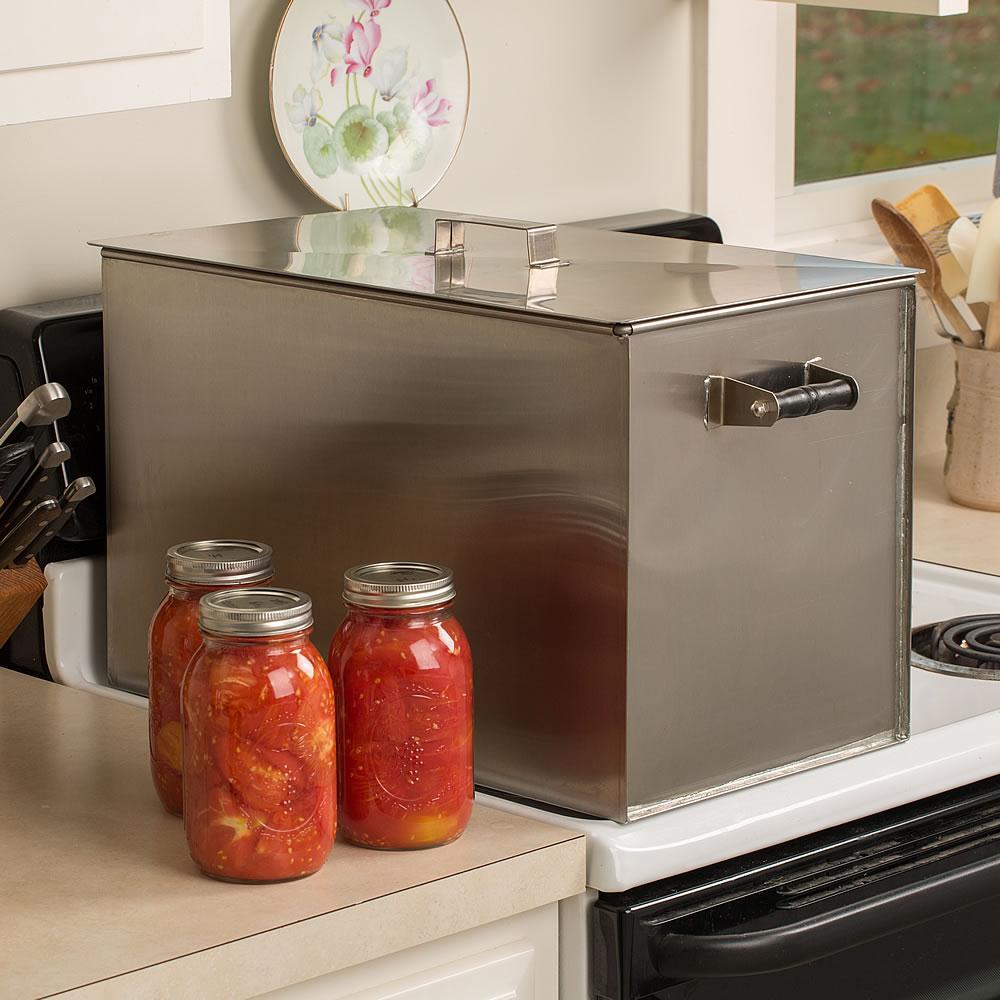
Editor’s Note: This post was first published in August 2010. Always follow USDA recommendations when canning.

